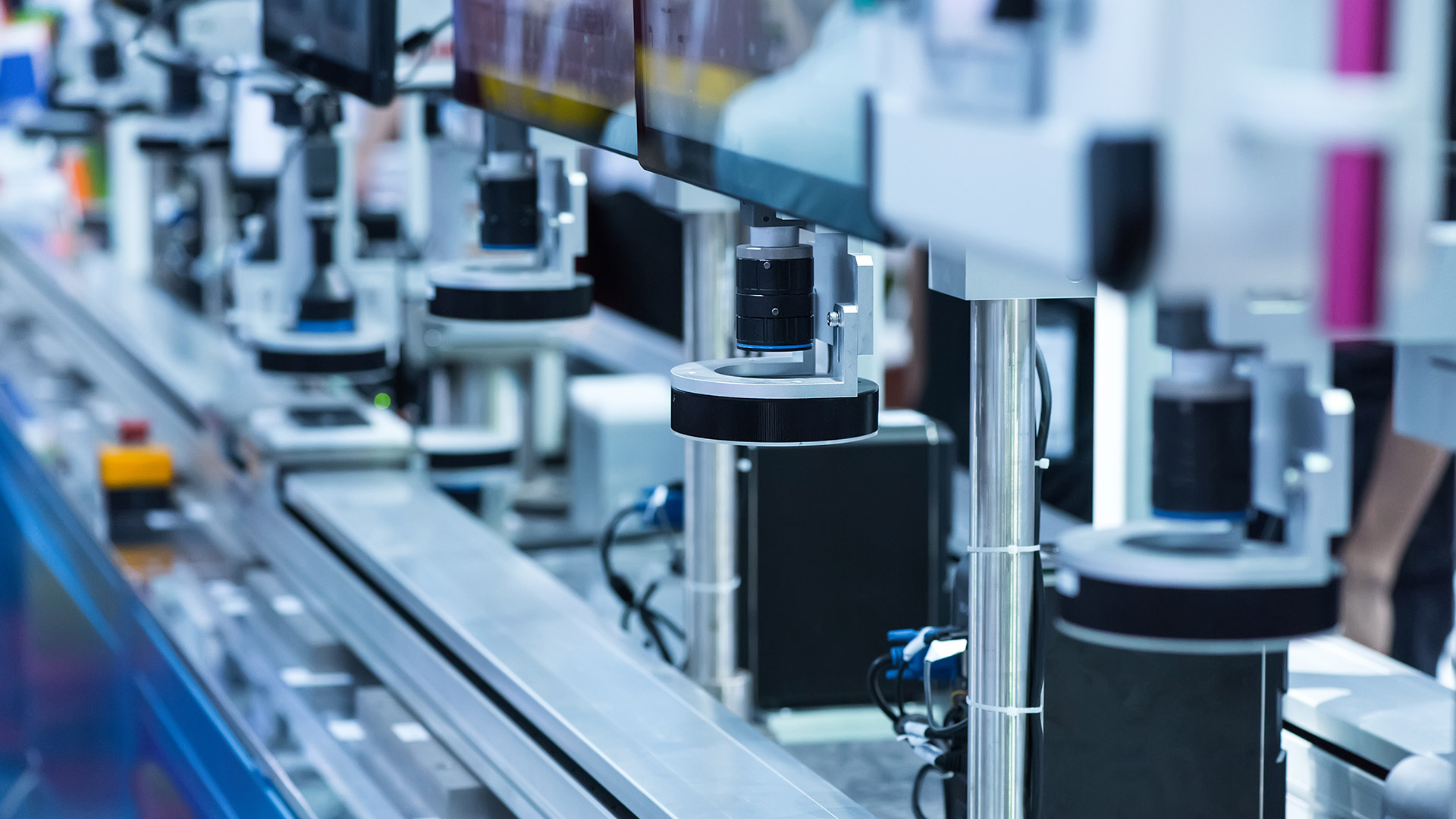
Robotic process automation doesn’t only boost collections productivity, it can also facilitate improved relationships with customers. Debbie Nolan, Commercial Director at Arvato Financial Solutions, explains how.
Disruptive technology continuously provides businesses with the key to unlocking new potential and automation is shaping up to be a major driver of change.
Automated systems are already transforming the transaction processing landscape in finance but they hold wider potential for boosting productivity across a range of functions. Debt recovery – an essential element in maximising revenue is no exception.
Robotic process automation (RPA) powered by artificial intelligence (AI) is offering businesses the opportunity to streamline this critical function further.
Robotic collections
We’re already seeing RPA make a big difference in industries where high volume, data heavy processes are common, making it perfectly suited to support a business’ collection function, says Debbie Nolan, Commercial Director at Arvato Financial Solutions. “Collections departments have to manage a significant amount of often disparate customer information, which can be a resource consuming task to collate and process if performed manually.”
At its core, RPA works by using computer software to mimic human interaction with IT systems, following rule-based processes that can be closely managed.
“This produces an agile, virtual workforce that can shoulder the burden placed on collection agents by handling mundane, repetitive tasks with greater speed and accuracy,” says Nolan. “This autonomous support can increase a collections department’s efficiency, reducing costs and maximising revenue, which in turn can improve a business’ cash flow.”
But, it’s important to remember that automation doesn’t just boost productivity.
Improving relationships
The primary role of a collections department is to recoup outstanding revenue, but it’s also essential that this process avoids adversarial or acrimonious engagement with debtors.
Businesses need to collect revenue and safeguard beneficial future relationships simultaneously, so collections must be approached sensitively, with the wellbeing of the debtor properly considered, says Nolan. This is especially true for consumer-facing sectors, such as retail, where customer experience has become an important differentiator for brands and unlocking key factor in creating loyalty.
“RPA can free up employees to focus on complex cases that require a more human touch and identify vulnerable customers who warrant a more bespoke approach earlier,” adds Nolan. “This means companies can have an effective collections function that boosts cash flow and treats individual cases holistically.”
Combining robotics with AI
The benefits RPA offers collections departments will accelerate as the technology is integrated with more advanced AI. As the technologies evolve together, their capability will extend to understanding natural language and comprehending and recognising patterns in processes will increase.
“This means the scale and scope of tasks it will be able to handle in the front and back office will expand markedly,” Nolan says. “From a collections perspective, this means greater efficiency and a workforce supported by autonomous virtual assistants that give collections agents even greater capacity to focus on the customer.”
With these benefits will come demands. Large scale automation is still some time off, but businesses should recognise the direction of travel now and start looking at crucial functions, like collections, to prepare. “Initially investing in specific processes is a good way to assess automation’s potential impact, while training aimed at improving digital skills will help build a workforce ready for the future,” concludes Nolan.